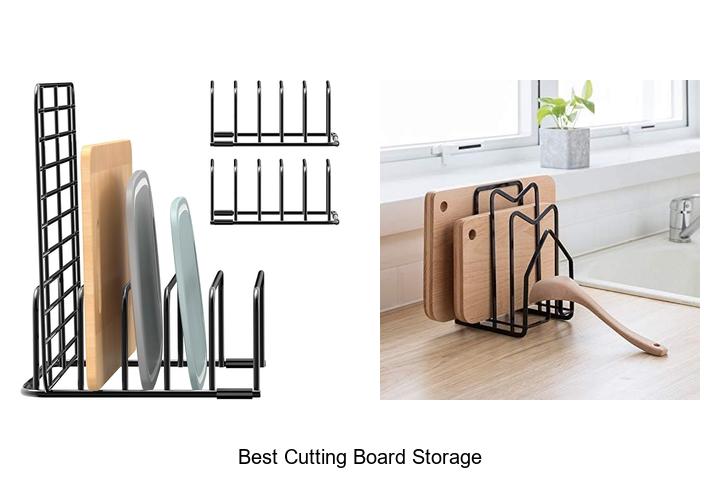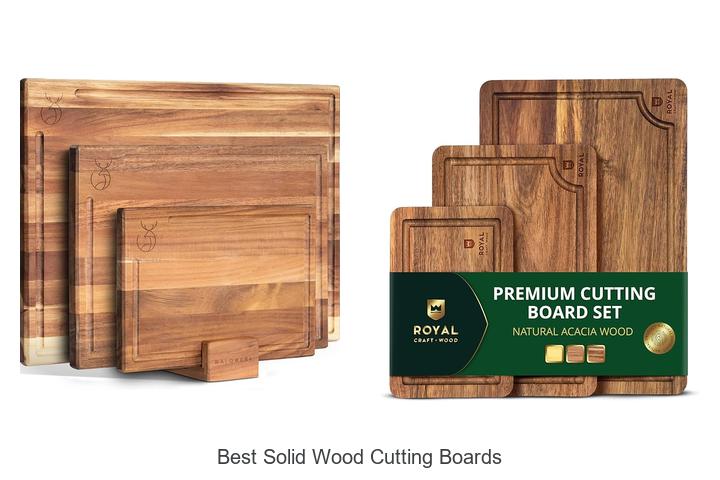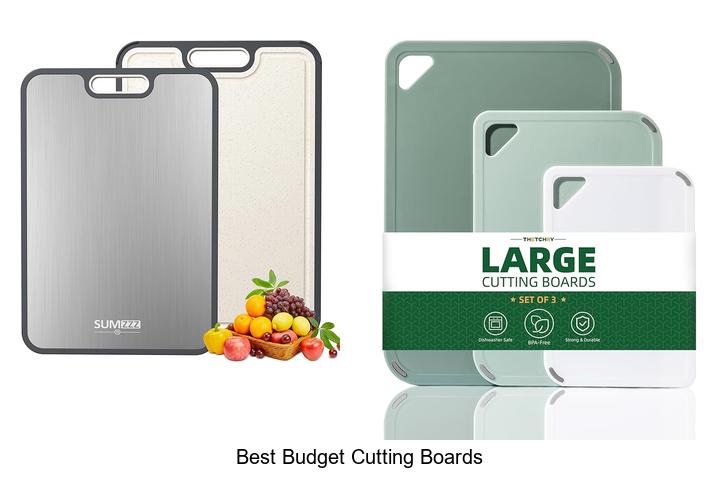Can You Put Titanium Cutting Boards in the Dishwasher?
Titanium cutting boards have gained popularity for their durability and sleek design. If you’ve recently invested in one or are considering it, you might wonder about the best way to clean it. Specifically, can you put titanium cutting boards in the dishwasher without damaging them?
Knowing how to care for your cutting board is key to maintaining its longevity and performance. While titanium is known for its strength and resistance to corrosion, not all cleaning methods are suitable. Understanding the dishwasher’s impact on titanium cutting boards will help you keep yours in top shape.
Understanding Titanium Cutting Boards
Titanium cutting boards combine advanced materials with practical design. Knowing their composition and benefits helps you care for them properly.
What Are Titanium Cutting Boards?
Titanium cutting boards feature a surface coated or alloyed with titanium metal. This material makes boards lightweight yet highly durable. Unlike traditional wood or plastic boards, titanium resists corrosion, scratches, and stains. Some models use pure titanium layers; others integrate titanium with other metals for added strength. Titanium boards offer a non-porous surface that inhibits bacteria growth, promoting hygiene.
Benefits of Using Titanium Cutting Boards
You gain several advantages with titanium cutting boards:
- Durability: Titanium resists dents and warping, lasting years longer than wood or plastic.
- Hygiene: The non-porous surface reduces absorption of food juices, lowering contamination risk.
- Lightweight: Titanium is stronger but lighter than steel, making boards easier to handle.
- Low maintenance: Scratch resistance minimizes visible wear and tear.
- Aesthetic appeal: Sleek, metallic finish complements modern kitchens.
These features make titanium cutting boards ideal for frequent use and rigorous cleaning routines, though understanding their care requirements ensures you preserve these benefits.
Dishwasher Safety for Titanium Cutting Boards
Titanium cutting boards offer unique durability, but understanding their dishwasher safety helps maintain their quality and longevity. Cleaning methods impact their performance and appearance.
Can You Put Titanium Cutting Boards in the Dishwasher?
You can put some titanium cutting boards in the dishwasher if the manufacturer designates them as dishwasher-safe. Titanium’s corrosion resistance withstands dishwasher detergents and high temperatures better than many materials. However, cutting boards with titanium coatings or alloys combined with other materials may react differently to dishwasher conditions. Avoid dishwashing if the board includes wood, resin, or glued components to prevent warping or delamination.
Factors Affecting Dishwasher Compatibility
Material composition plays a critical role in dishwasher compatibility. Pure titanium boards resist rust and damage from harsh detergents, but composite boards with titanium layers require careful consideration. Temperature tolerance also matters since extreme heat may degrade adhesives or coatings.
Understanding the construction, manufacturer guidelines, and potential dishwasher effects protects your titanium cutting board’s durability and hygiene. Regular hand washing ensures the board retains its structural integrity if dishwasher use is uncertain.
Proper Care and Maintenance of Titanium Cutting Boards
Caring for titanium cutting boards requires attention to cleaning methods and damage prevention to maintain their durability and hygiene. Follow specific guidelines to ensure your board stays in optimal condition.
Cleaning Tips for Titanium Cutting Boards
Use warm water and mild dish soap for everyday cleaning to remove residues effectively. Rinse thoroughly and dry with a soft cloth to prevent water spots. Avoid abrasive scrubbers that can scratch the titanium surface. If the board is dishwasher-safe and marked by the manufacturer, place it on the top rack to minimize exposure to extreme heat and harsh detergents. Otherwise, hand washing preserves the board’s protective coating and structural integrity.
Avoiding Damage During Cleaning
Prevent damage by avoiding prolonged soaking, which can weaken adhesives or composite layers in some titanium boards. Do not expose boards containing resin, wood, or glued components to high dishwasher heat or strong chemicals. Avoid cutting with serrated knives that can gouge the surface. Store the board in a dry, well-ventilated area to reduce moisture buildup and potential corrosion over time.
Alternatives to Dishwasher Cleaning
Cleaning titanium cutting boards without a dishwasher preserves their quality and extends their lifespan. You can rely on effective hand washing methods and safe sanitizing techniques to maintain hygiene and durability.
Hand Washing Best Practices
Use warm water and mild dish soap to clean the cutting board after each use. Employ a soft sponge or cloth to remove food particles, avoiding abrasive scrubbers that may damage the titanium surface. Rinse thoroughly to eliminate soap residue. Dry the board immediately with a soft towel to prevent water spots and potential corrosion. Repeat this routine regularly to keep the board safe and functional.
Using Sanitizers and Cleaning Solutions Safely
Choose food-safe sanitizers designed for cutting boards when deeper cleaning is necessary. Dilute sanitizers according to manufacturer instructions to avoid chemical damage. Apply the solution evenly, let it sit for the prescribed time, then rinse thoroughly with water. Avoid bleach or harsh chemicals that can degrade titanium coatings or affect composite materials. Use sanitizers only occasionally, as frequent use might affect the board’s finish.
Conclusion
You can enjoy the benefits of your titanium cutting board for years by paying close attention to how you clean it. While some titanium boards handle dishwashers well, many do better with gentle hand washing to preserve their quality. Taking simple steps like using mild soap and drying promptly helps maintain its durability and hygiene.
By understanding your board’s specific materials and manufacturer guidelines, you’ll keep it looking great and performing at its best. Proper care isn’t just about cleaning—it’s about protecting your investment and ensuring your kitchen stays safe and efficient.



